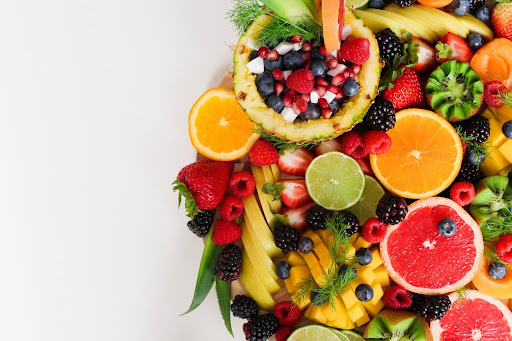A diabetes diet helps to guide diabetes patients to decide when to consume meals and snacks as well as what type of foods to eat. As per the endocrinologists in Kuwait there is no single diabetes meal plan that is diabetes-friendly that can serve as a single correct meal plan for all patients. Your food choices matter as some foods are better than others. Food items that you might consider as "the worst" could be occasional treats - but in small amounts. Read further to know the main food groups recommended by diabetologists in Kuwait to make up a healthy and balanced diabetes diet.
Fruits and Vegetables
Fruit and vegetables are low in calories and packed full of vitamins, minerals and fiber while adding flavor and variety to your meals. You get a lot of fiber and very little fat or salt when it comes to vegetables exclusively. Fruits and vegetables are best when it is eaten raw than canned or frozen with added sodium.
Starchy Foods
Starchy food items are important for body functioning as it contains carbohydrates that are broken down into glucose and used by our cells as fuel. But if you don't choose it wisely it can raise blood glucose levels quickly, which can make it harder for you to manage your diabetes. So choose items that have a low glycemic index like whole grains, such as brown rice, oatmeal, quinoa, millet etc.
Protein
A protein-rich diet is important as it helps to keep the muscles healthy. Hence aim to have some food from this group every day like meat, fish, beans, nuts, seeds, tofu. Also, keep in mind less red and processed meat makes a healthy diet.
Dairy Foods
Dairy food items like milk, cheese and yoghurt are good in calcium which keeps your bones healthy. It is ideal to choose a low-fat diet for diabetes patients since some dairy products are high in saturated fat which is unhealthy.
Keeping a healthy weight and managing your blood sugar level is important for diabetes patients. Dasman Diabetes Institute has the best diabetologists in Kuwait who can help you follow a healthy lifestyle by maintaining good nutrition and a healthy weight.

Comments
Post a Comment